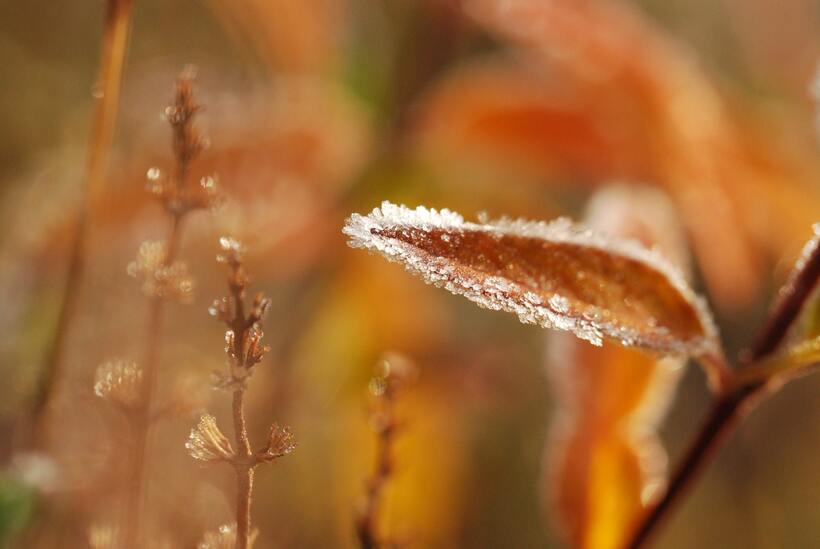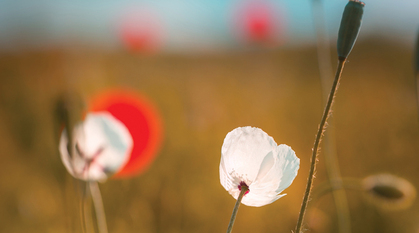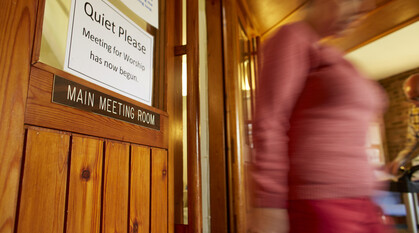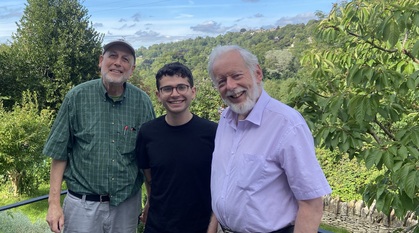Quaker community: taking our commitments forward
In 2021 Quakers committed to "becoming an anti-racist faith community". Alistair Fuller takes a look at how that commitment is moving forwards.

In the summer, as Quakers gathered together for a Yearly Meeting quite unlike any other, we felt moved and challenged by the Spirit to commit ourselves to "becoming an actively anti-racist faith community". Whilst acknowledging that we so often fall short and that we have far to go and much to learn, we also felt confident that we can "rejoice in recognising God's creation in one another. This is what love requires of us".
But what does this mean for our Quaker communities, especially in these difficult, turbulent and often troubling times? What do we need to look like, as communities, to live this commitment confidently and well?
Many Quaker communities – and many Quakers – feel so bruised and tired at this time. It can be hard, when so many of us feel so fractious and fractured and fragile, to think about the challenge of living out our shared commitment to being communities of radical welcome and inclusion.
At a recent gathering of Quaker Life Representative Council, Friends representing Quaker meetings, groups and communities from around the country came together to explore these commitments. And how we live them out with courage, imagination and humility.
Deepening our understanding
Quakers are coming from different places on this journey. It was encouraging to hear what some Quaker communities are doing to take this forward, even in these challenging times. We heard about meetings who have committed themselves to learning and deepening their understanding of the issues involved, and what action we might take. Many have set up reading and study groups and opportunities for discussion and exploration, others have taken part in Woodbrooke courses on anti-racism.
Others have started examining the history and roots of the wealth of their meeting. Others told us about reaching out to and connecting with other groups in their local communities, to work together on both local and national initiatives.
Reflecting on our commitments
We reflected together on our commitments in an inspiring session with Edwina Peart, Quakers in Britain's Inclusion and Diversity Coordinator. We thought about them in relation to the Quaker communities we are part of, and the sense of challenge, hope and possibility they bring. We also considered together what kind of process or framework might help us to bridge the gap between what we feel called to be and the realities of our daily lives together.
We recognised the need to repair and rebuild our relationships and to build – and sometimes be – bridges between the fractured parts of our communities. By doing so, we might begin to look outward and onward, to build on all we have learnt and been through. We can explore new possibilities, connect in new ways, and begin to imagine a new future together.
We shared ideas and experiences of how we can develop brave, safe, loving spaces. Spaces where we can each name our struggles and hurts, where we can begin to hear each other's stories with tenderness and empathy and hold each other gently and lovingly.
A call to radical inclusion
One Friend spoke of the need to move away from the idea of 'welcome', as if we were the owners of a space, deciding who might be welcome in it, and to think instead of a more radical inclusion. An inclusion that calls us out of our comfortable spaces and our familiar patterns and rhythms, and instead, to engage, to listen, to learn, to be open to change and transformation.
Over the coming year, Quaker Life Rep Council will continue to focus on this theme. There will be opportunities to hear and share stories and ideas to deepen our understanding of what needs to be done. We'll explore the tools and skills we will need and hear the voices of those most acutely and immediately affected by the issues involved.
We invite Quaker communities to ask themselves, what do we need to do in order to live out this commitment, boldly and imaginatively? To truly become communities of radical inclusion, what does love require of us, in this place and at this time?


